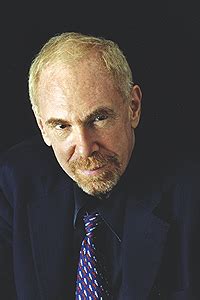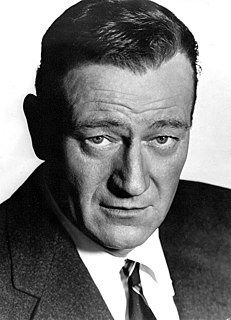A Quote by Murray Bookchin
Whether they [left in America are] anarcho-communists, anarcho-syndicalists, or libertarians who believe in free enterprise, I regard theirs as the real legacy of the left, and I feel much closer, ideologically, to such individuals than I do to the totalitarian liberals and Marxist-Leninists of today.
Related Quotes
I don't feel the individualist anarchists, particularly in the American tradition, including the Transcendental tradition of New England, in any way deserve the derogatory comments that are often made about them by the left. When one gets down to it ultimately, my anarcho-communism stems from a commitment to true individuality. My attempt to recover the power and the right of the individual to control his or her life and destiny is the basis to my anarcho-communism.
The silence of the Left, or the exclusive focus of the Left, on America's alleged crimes over the past half-century, the disdainful sneering at America's deplorable 'Cold War mentality' - none of this has to be reassessed in light of the evidence of genocides that surpassed Hitler's, all in the name of a Marxist ideology. An ideology that doesn't need to be reassessed. As if it was maybe just an accident that Marxist-Leninist regimes turned totalitarian and genocidal. No connection there.
One of the overriding points of Liberal Fascism is that all of the totalitarian "isms" of the left commit the fallacy of the category error. They all want the state to be something it cannot be. They passionately believe the government can love you, that the state can be your God or your church or your tribe or your parent or your village or all of these things at once. Conservatives occasionally make this mistake, libertarians never do, liberals almost always do.
Rebellion against technology and civilization is real rebellion, a real attack on the values of the existing system. But the green anarchists, anarcho-primitivists, and so forth (The "GA Movement") have fallen under such heavy influence from the left that their rebellion against civilization has to great extent been neutralized. Instead of rebelling against the values of civilization, they have adopted many civilized values themselves and have constructed an imaginary picture of primitive societies that embodies these civilized values.
I learned that [Trotskyism] were no different from the Stalinists, and they expelled me, which is the typical Marxist-Leninist way of dealing with dissenters. From that point on, I migrated by the 1950s into anarchism, increasingly emphasizing decentralization. Also, I made the all-important step of bridging my social philosophy with ecology. I did that in 1952 and went on to write a whole series of books developing an anarcho-ecological approach.
What we want is not mainly to colonize Nebraska with free men, but to colonize Massachusetts with free men-to be free ourselves. As the enterprise of a few individuals, that is brave and practical; but as the enterprise of the State, it is cowardice and imbecility. What odds where we squat, or bow much ground we cover? It is not the soil that we would make free, but men.
In my case I would emphasize anarcho-communalism, along with the ecological questions, the feminist questions, the anti-nuclear issues that exist, and along with the articulation of popular institutions in the community. I think it's terribly important for anarchists to do that because at this moment not very much is happening anywhere in North America.





























